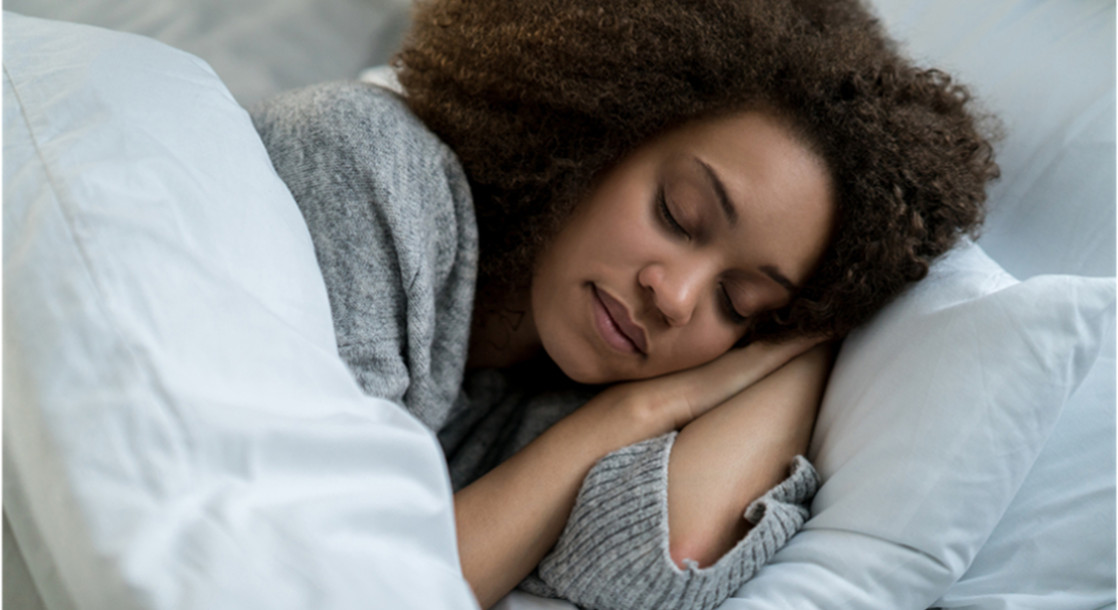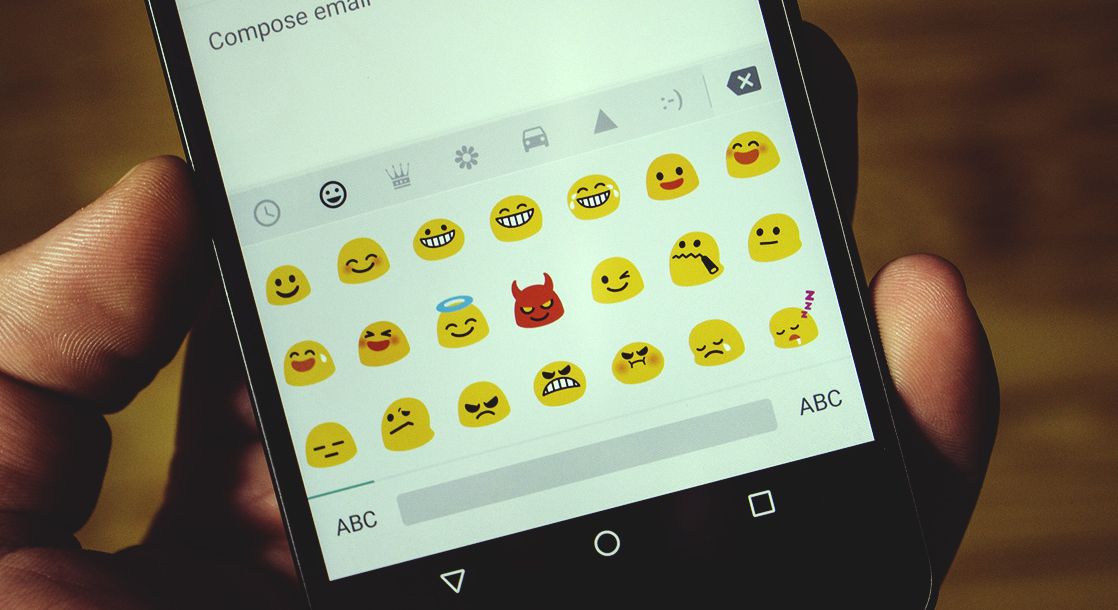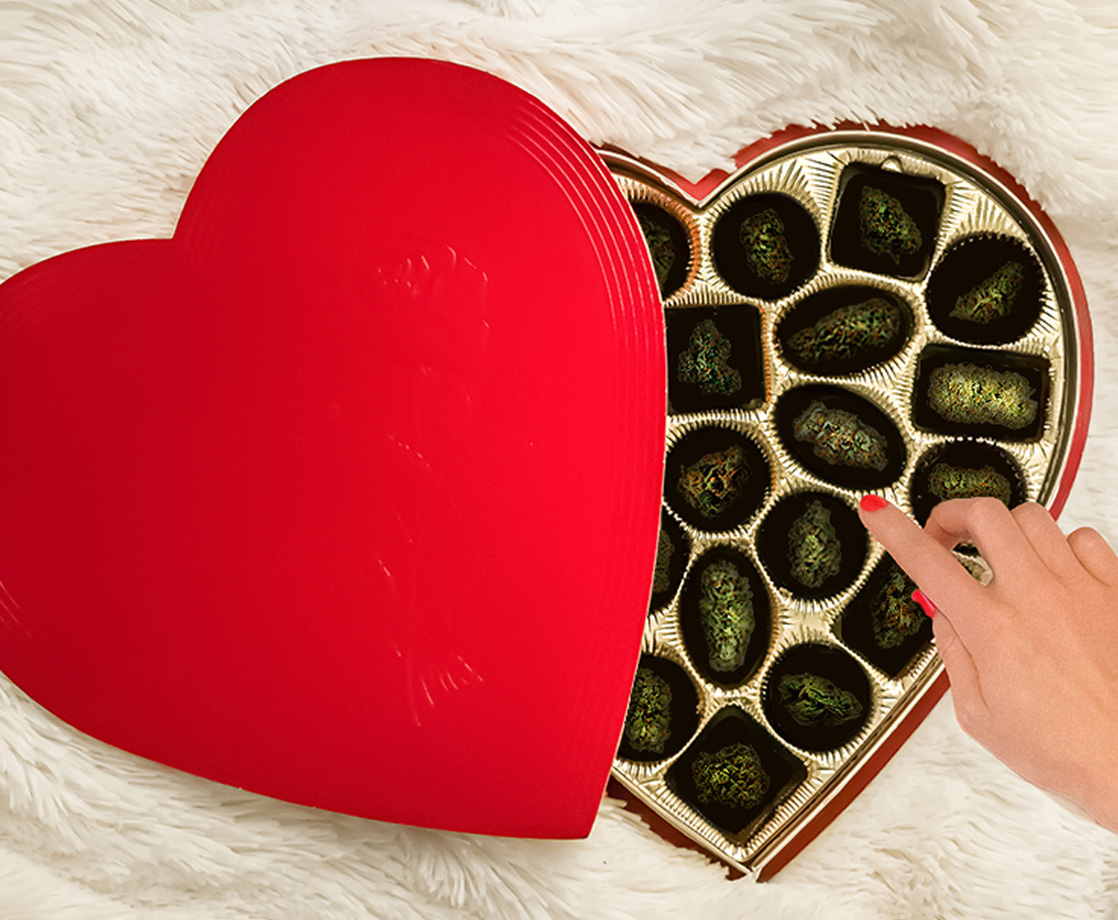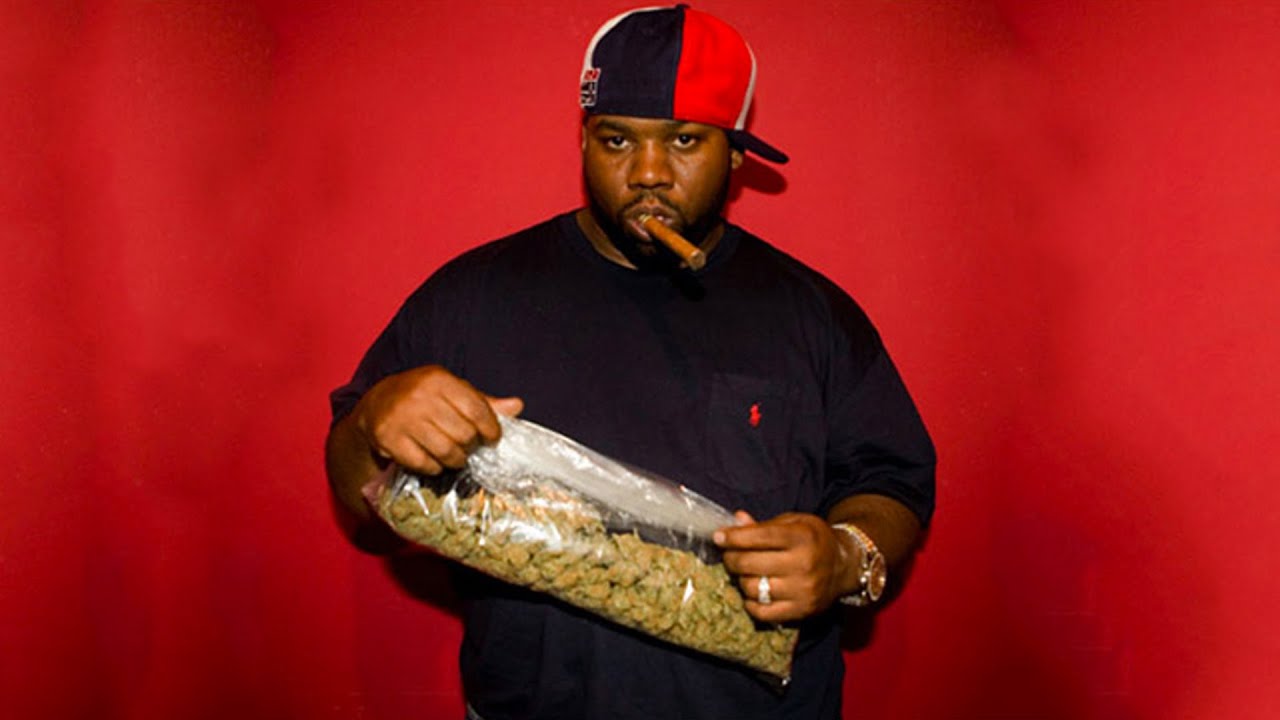Photo via iStock/ andresr
Whether it’s due to anxiety, post-traumatic stress disorder, restless leg syndrome, chronic pain, or a number of other conditions, it’s estimated that 1 in 4 Americans have trouble falling or staying asleep most nights. Many insomniacs have tried both over-the-counter sleep aids and pharmaceuticals with interesting (and sometimes dangerous) side effects, but there’s a not-so-new sleep aid on the block gaining popularity — cannabis. For many users, indica-dominant cannabis strains have been proven to be a reliable sleep aid with very few (if any) adverse side effects, and there are more and more new products coming on the market to help patients get their shut-eye
Thankfully, there are doctors ready to help insomniacs find medical cannabis products which enhance their rest. Heally — a website which allows patients to be evaluated by real doctors for medical marijuana recommendations (with same-day service) — has expert physicians standing by ready to recommend cannabis-based sleep aids, which can even be ordered through Heally’s online marketplace. We spoke with one of Heally’s doctors, Dr. Vanessa Niles, about using cannabis to improve quality of sleep. Dr. Niles is a board-certified physician and nurse with over 20 years of experience. After she saw how medical marijuana could have helped her partner cope with breast cancer, Dr. Niles decided to commit to helping patients find the right cannabis products to ease their ailments, as she does now through Heally.
We spoke with Dr. Niles about why individuals should use cannabis instead of pharmaceuticals for better rest, new innovations coming on the market, and what advice she has for people with sleep problems who are hesitant to try a cannabis-based product.
MERRY JANE: There’s a wide array of reasons people experience insomnia — PTSD, stress, restless legs, irritable bowel syndrome, etc. How do these factors come into play when you’re prescribing cannabis-based products for a patient?
Dr. Vanessa Niles: I look individually, case to case. Those are great examples — in terms of restless leg syndrome, you cannot get to sleep, so in that case you’d use something that’s also an anti-inflammatory. THC has both pain management properties as well as neuroprotective properties. Also, CBN, or cannabinol — that helps with pain management and insomnia. That’s when we start getting really specific about what cannabinoids and terpenes are in your medicine. All of those have an effect.
Indica is what most marijuana users think of when we think of sleep; do you ever recommend people use sativa for insomnia?
For insomnia, I do not. I recommend sativa for daytime use, because it will keep you awake.
What are some of the more effective strains and products to aid with quality of sleep?
I would say [a strain] like Granddaddy Purple, or something along those lines. There’s also some good indica-dominant hybrid strains. I generally have patients look up strains either via Leafly or Google, because strain names change constantly. I don’t believe in putting patients in a box. One thing about moving over to cannabis as opposed to traditional pharmaceuticals is there is no precise prescription for cannabis, and it’s going to depend on what the patient’s comfort level is in terms of taking it.
A lot of patients who are older do not want to smoke, and in that case, I usually prescribe edibles. I usually tell them to take a 30mg edible about an hour before they go to sleep; it really does help. I also want to mention that a lot of issues with insomnia have to do with chronic pain — patients who can't get to sleep because of pain — so that’s when you start looking for a hybrid or a really good indica that takes care of chronic pain as well as induces sleep.
How specific can you get with using cannabis for sleep? Are there certain strains or products that help with getting more REM sleep, or to enhance dreams?
You can definitely use it for both of those things. There was a study that was done that showed THC has a tendency to suppress REM sleep, and that sometimes when people are taking too much, they stop dreaming. They find that once they cut their dose back, the dreams come back. It really is a combination of a lot of different things. I’ve seen some cannabis oils in which they put other essential oils, like lavender. The future of cannabis and how we use it is going to be incredible once we’re able to do more research and studies — it’s just going to blow off the map. That’s how I see it.
Are there any innovations happening within the medical cannabis space you’re excited about, or that you think will aid with sleep?
Yes! I really do think a combination of essential oils and different terpenes help with calmness, as well as different strains. I mean, the genetics out here with different strains are incredible, and we see that here in California. Imagine when we can really start setting up research and have hard documentation. I’m thinking that Canada might be a little bit further ahead of us because they’re getting ready to legalize within the next month or so; that’s going to lead to more research, and I’m ecstatic about that.
Why use cannabis instead of sleeping pills or an over-the-counter product?
We have had to learn the hard way that with a lot of pharmaceutical drugs, there are side effects, and patients are [now] taking multiple pharmaceuticals at the same time with lots of side effects already built in. There is no overdosing with cannabis; you will not die from taking too much cannabis. Most of these other sleep agents are filled with side effects including sleepwalking, waking up in the middle of the night and raiding your refrigerator, or not remembering the day before. That would be my number one reason to suggest cannabis — not just as an alternative, but as a first medicine to go to for insomnia; not just something to try after you’ve failed on pharmaceuticals.
Are there risks for people with sleep apnea when using cannabis to help with their quality of sleep?
Actually there was a study that found that cannabinoids really helped with sleep apnea. This was a study that was done on rats, and they saw a potent suppression of sleep apnea within rats due to two things: anandamide as well as THC.
Can you think of any specific success stories you’ve experienced with your patients?
I’ve had so many success stories! I have a lot of cancer patients who’ve had chemotherapy and radiation therapy, and they’re taking cannabis for multiple reasons including nausea, vomiting, lack of appetite, and insomnia is almost at the top of the list, as well as anxiety. Cannabis helps them tremendously. These patients have called me back crying, telling me they wouldn’t know what they’d do without cannabis. If you don’t get sleep, nothing else in your body will go right. This is the truth. I don’t know if when I was younger if I understood it to the degree that I understand it now, in terms of lack of sleep being a side effect of a whole lot of other chronic conditions.
Do you have any advice for someone apprehensive to try a cannabis-based product to help with sleep?
I would advise them to do more research, to do their own individual research. I’m not at a stage in my life where I try to convince patients to do things any longer; I’m not that patriarchal type of doctor. If patients don’t want to use cannabis, I don’t push them. When I see young patients and tell them about cannabis and the different ways of using it, they then tell me about their parents, or usually their grandparents, and 50% of them end up bringing their grandparents in who are on multiple medications. For some reason, the grandparents will listen to their grandchildren, and their grandchildren are not as indoctrinated [as older generations], and they will listen to their grandkids. In my whole practice, the grandchildren have the biggest influence as far as seniors taking cannabis.
Want more medical advice about cannabis? Check out Heally to learn more about medical marijuana can improve sleep and other important aspects of personal health.











